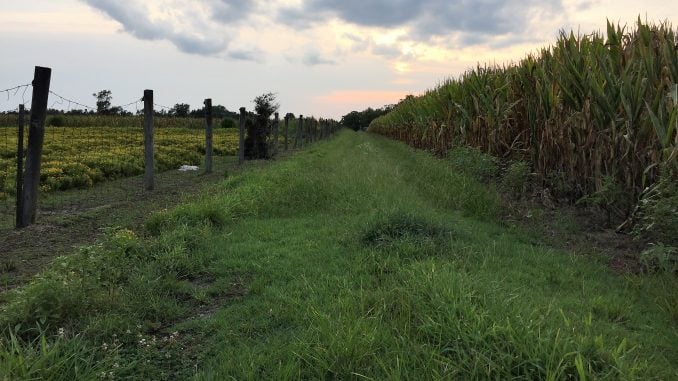
The way self-styled “environmental” organizations work has a history of results, which is why the same scene repeats, with merely the actors and sets rearranged: Scare people over an issue that may or may not have a grain of truth, drum up a media storm, extort concessions from businesses or regulatory agencies, claim victory over evil-doers, go to donors and ask for more money. Extra points if you can work in innocent children, greedy corporate fat cats, or Republicans.
A familiar face in these battles is the New York City-based Waterkeeper Alliance. The group is led by Robert F. Kennedy Jr., who, after a lifetime of womanizing and at least one bout of drug addiction, has been trying to reinvent himself as the savior of the environment. (His initial involvement seems to have stemmed from court-ordered volunteer hours related to a heroin conviction.)When the Waterkeeper Alliance first turned its resources against hog farming, the battle looked to proceed as usual. But they have run into problems.
First, farmers in eastern North Carolina aren’t playing their expected role, as have so many lambs before them. They formed a group called NC Farm Families that is challenging every scare tactic put out by the environmental groups.
Second, the Waterkeepers and their friends have simply gotten sloppy. It’s hard to tell whether the sloppiness is because of the unexpected resistance of farmers or whether the Waterkeepers always operate this way and have seldom been held to account. Nevertheless, it’s getting embarrassing for them.
In October, as was reported here and probably nowhere else, the Waterkeepers were caught feeding a lie to the Washington Post about flooding during Hurricane Matthew. The flooding was causing plenty of devastation, but not in the areas where they had active scare projects. Hog lagoons, which had been a problem in earlier floods, were performing as designed (less than 1 percent of lagoons were inundated). Coal ash ponds held as well, with only one small spill reported.
Apparently assuming no one would call them on it, the Waterkeepers passed photos of flooded but contained hog lagoons to the Post as evidence of disaster. But one of the photos was actually of a wastewater treatment plant, not a hog farm. Oops!
The latest flub seems to be more of the same. The Waterkeepers’ allies are pushing a story of a neighbor who complained about the smell of the adjacent hog farm. The problem? According to the farm group, the incident happened in 1998, and the farm took action to correct the situation, moving the spray field farther from the neighbor’s house and planting trees as a barrier.
Based on the record of the Waterkeeper Alliance and its friends, the North Carolina group gets the benefit of the doubt here. The environmentalists have been rattled, and the cracks in their tried-and-true business plan are showing.
Don’t expect either side to back down soon. While it’s unfortunate that people will spend time and resources on this fight instead of addressing real environmental problems (e.g., more than 60 million gallons of untreated human waste that spilled during the flood), it’s good to see the families of North Carolina fighting back.Drew Elliot is a member of the North State Journal’s editorial board, separate from the news staff. Unlike other newspapers, the North State Journal does not publish unsigned editorials; the author or authors of every editorial, letter, op-ed, and column is prominently displayed. To submit a letter or op-ed, see our submission guidelines.



